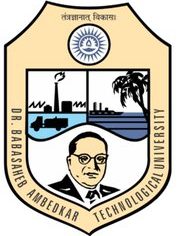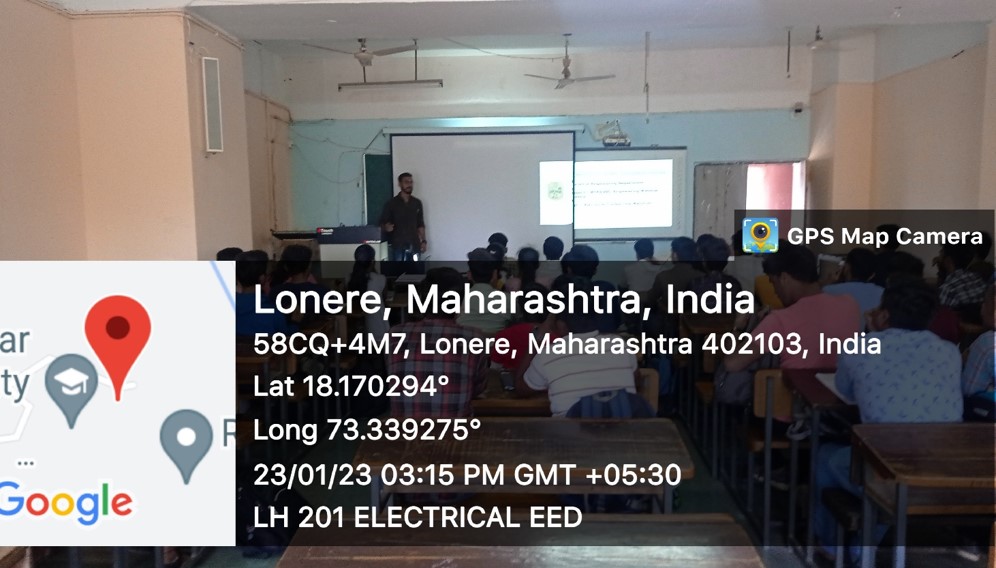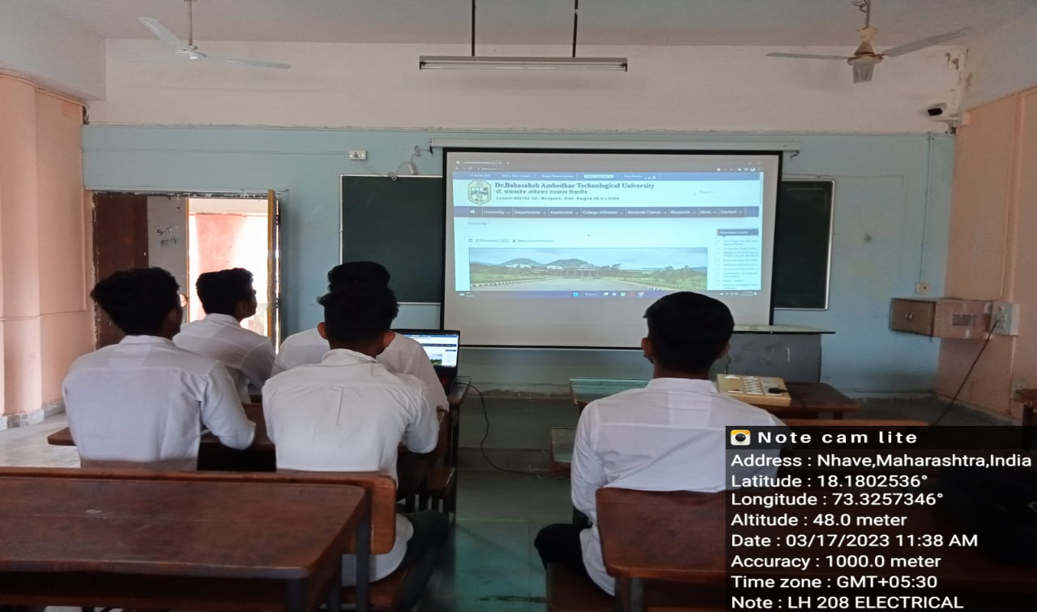Department of Electrical Engineering
The department of electrical engineering is one of the pioneer engineering department of the University. The department had passed a journey of 27 years. Based on excellent performance of students and staff, the department has got accreditation from NBA for successively two terms from 2003 to 2006 and 2006 to 2009. The beginning of a P.G. course in power system with an intake of 18 students is an extra feather to the department to initiate research activity. The registration of research scholars in emerging areas of power system and power electronics adds strength to research activity of the department. The department believes in skill training thus has maintained well equipped laboratories in the emerging areas with standard high end equipment. Many of our aluminous have attained prestigious positions in organizations of repute in India and abroad.
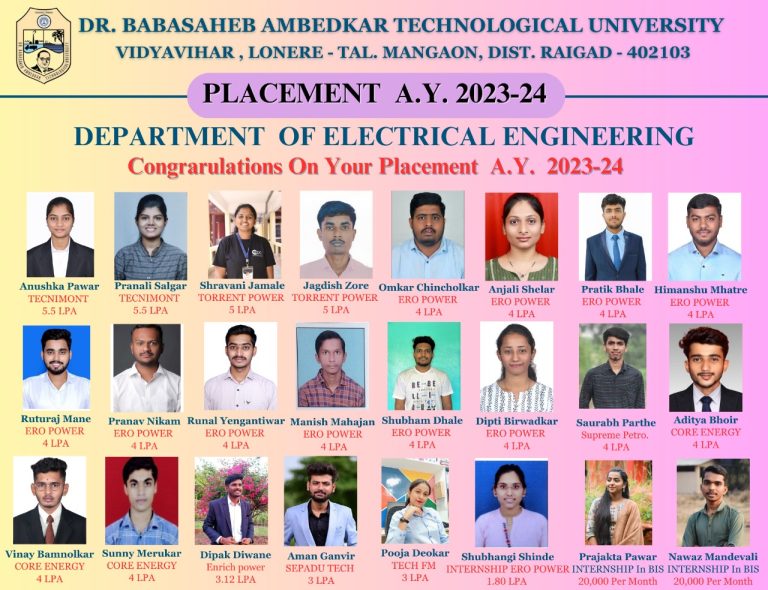
Placment
- HoD's Desk
- Faculty
- PEOs & POs
- Staff
- Advisory Board
- Board of Studies
- Research Scholars
- Placement Record
- Dept Activities
- Classrooms
- Laboratories
The Department of Electrical Engineering has recorded consistent improvement in its academics from its inception in the year 1995, research and placement performance. It offers a range of innovatively designed syllabus and is constantly updated to meet the changing requirements of the industry and to meet the needs of major stakeholders.
We believe that our students have been well accepted in their job profiles and have consistently exceeded expectations of the corporate world.
During study at the department, the students are encouraged to get hands-on experience in the industries through internship training, industrial projects with reputed organizations. In their curriculum, they are encouraged to take up mini projects to supplement theoretical knowledge with practical experience. They also undertake projects benefiting local industries or dealing with local problems. These projects enable them to understand the relevance of working in a group and also help them to realize the finer aspects and importance of teamwork.
We also encourage students to organize different technical, cultural and sports events in the inter department level and within the department itself.
With all these inputs one finds our students hardworking, practical-oriented and effective in any work environment. We have designed our syllabus to strike a balance between professional knowledge and personal skills. We are confident that our current curriculum has enabled the overall development of budding engineers to come up with the expectations of the industries and different sectors of the corporate world.
The curriculum is taught by an experienced faculty combining academic excellence and real-world experience with dedication and commitment.
We are encouraged to see many industries coming back to our department, which reinforces our belief in the effectiveness of our curriculum and its suitability to meet the dynamic industrial world.
With this brief introduction, I welcome you to be a part of our journey towards being a world-class centre of excellence in education, training, and research.
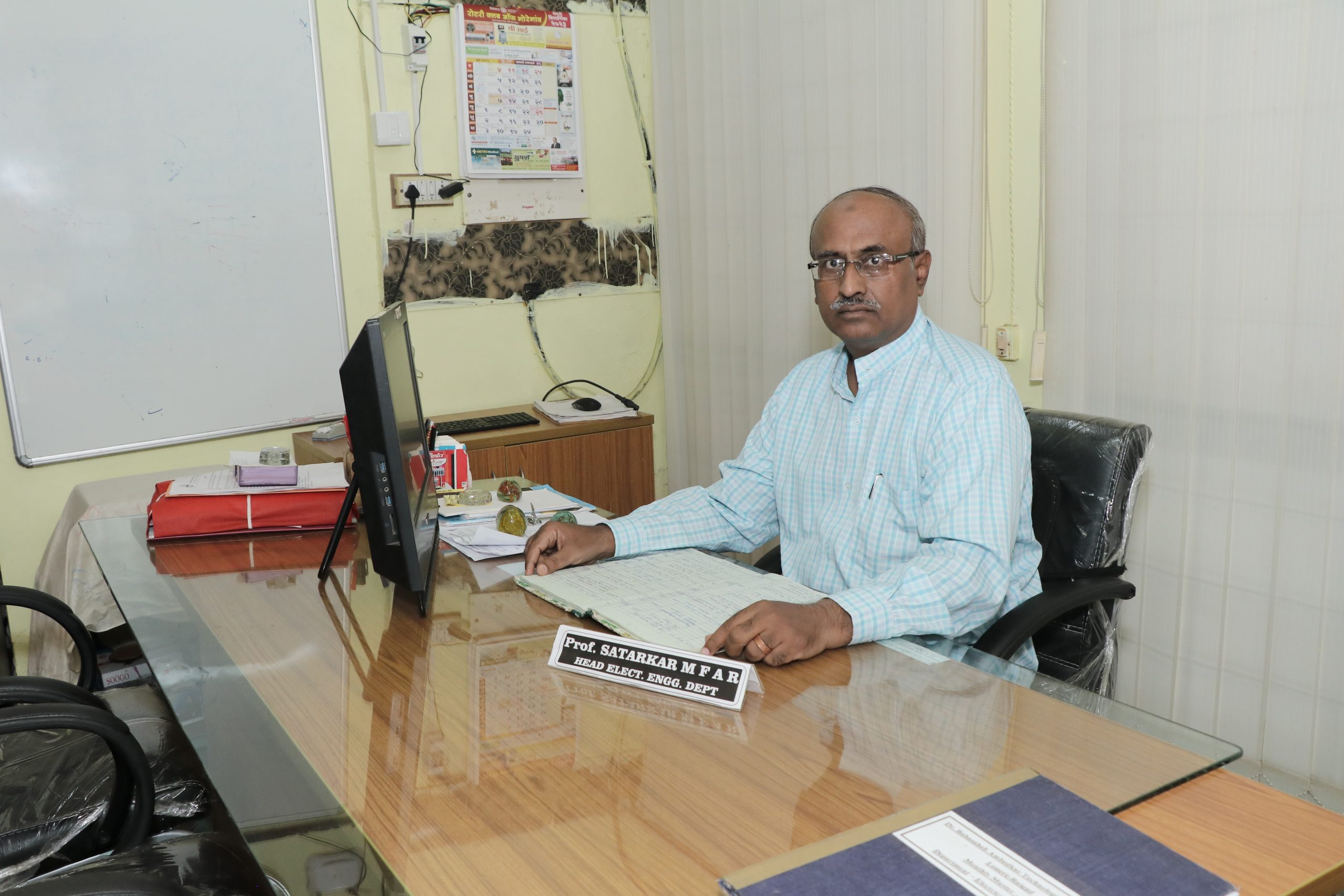
Prof. Satarkar M. F. A. R.
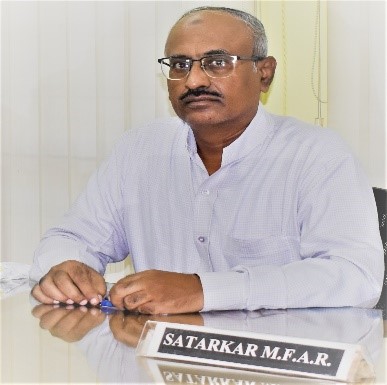
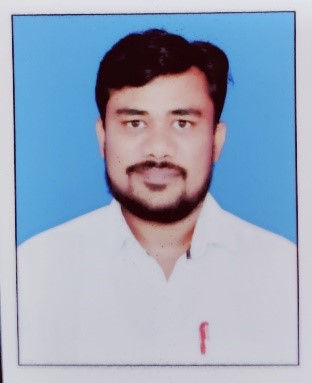
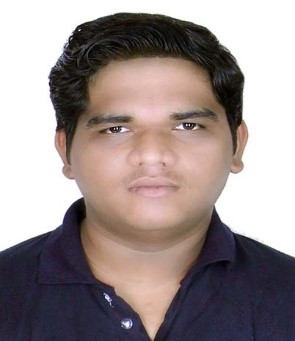
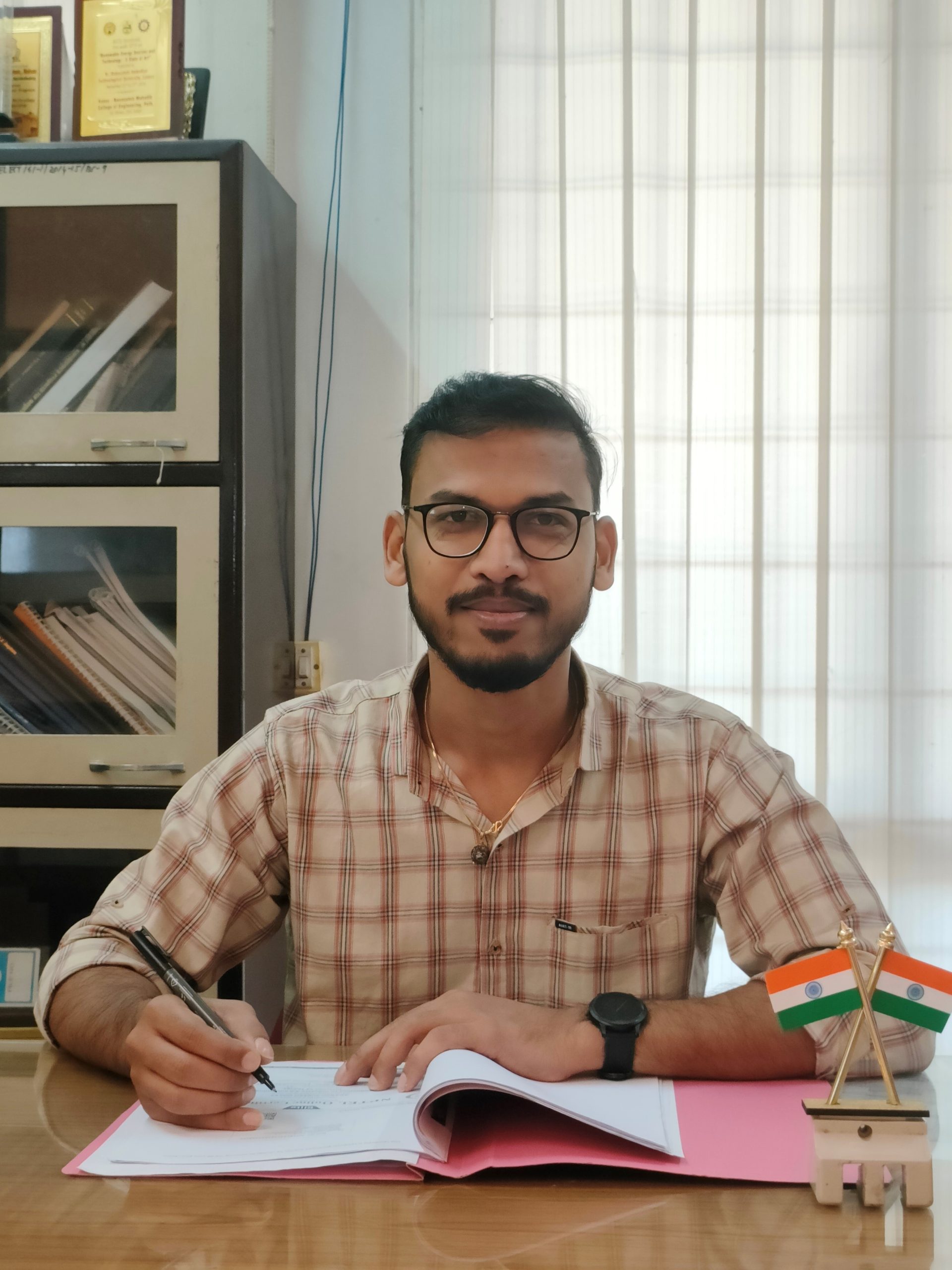
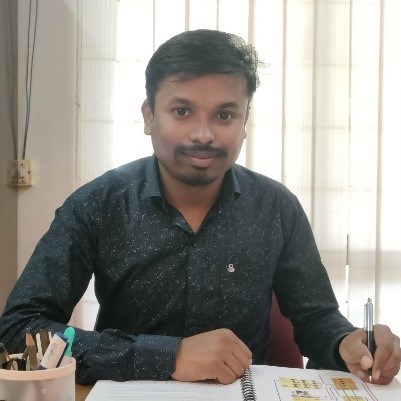
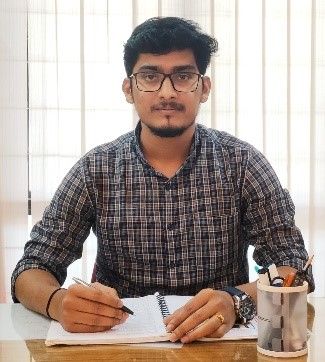
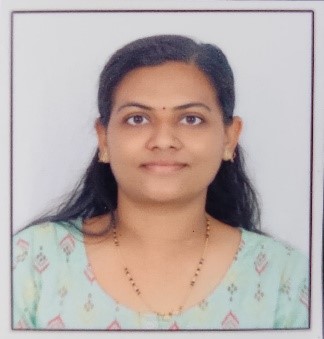
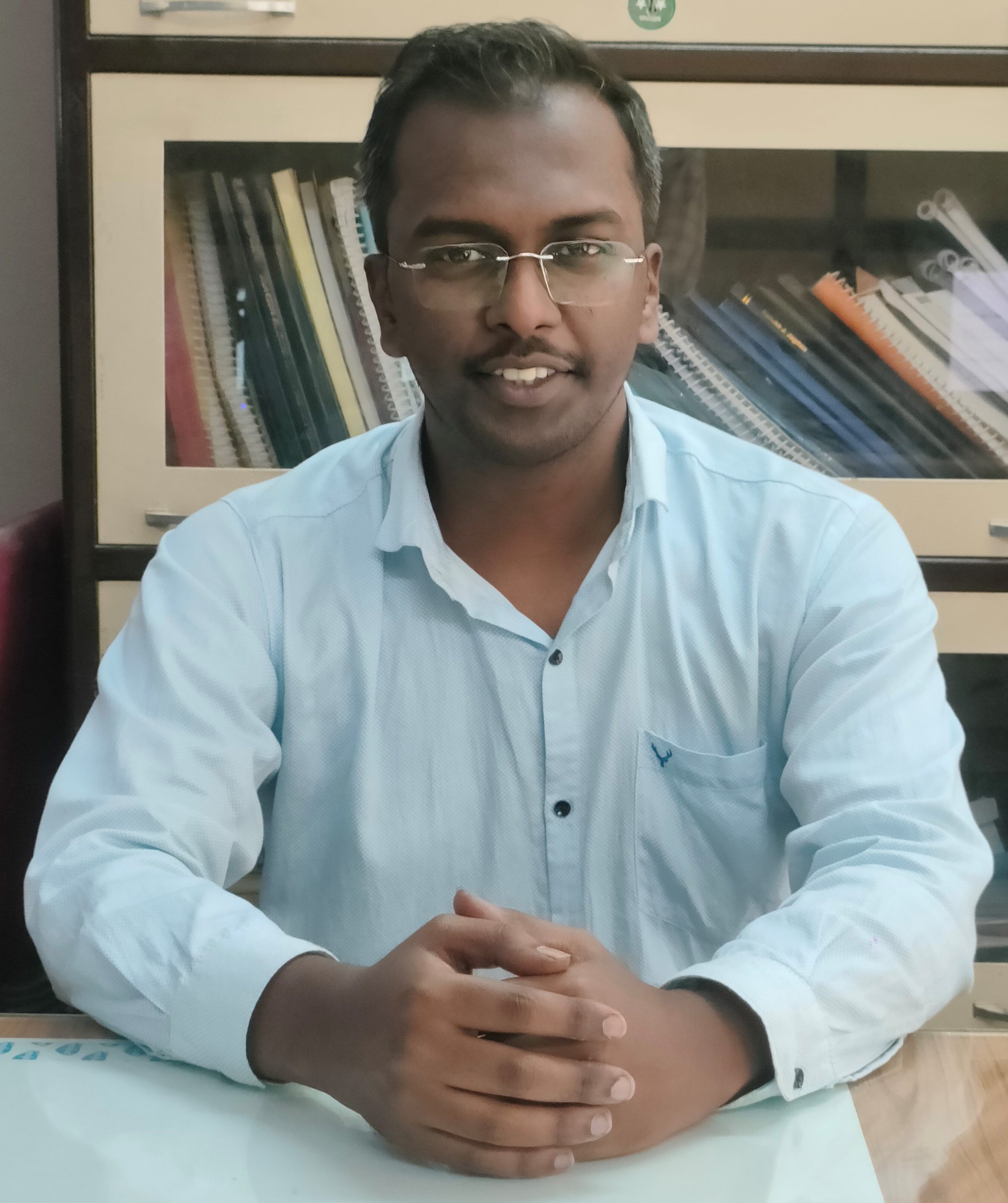
Additional Responsibility to Faculty:
Prof. M. F. A. R. Satarkar
Head of Department, Coordinator- Academic Monitoring Committee of Department, Member- Women Grievance Cell, Coordinator- Students Counselling Cell of Department
Programme Educational Objectives (PEOs)
- To prepare graduates meet the challenges of modern society through viable engineering solutions.
- To prepare graduates to develop economically viable cutting edge technology for local industry. Need.
- To prepare graduates to inspire next generation graduates as successful engineer/ entrepreneur, scientist and researcher.
Programme Outcomes (Pos)
- Ability to apply knowledge of science, mathematics, and electrical engineering principles for solving problems.
- Ability to identify, formulate and solve electrical power system problems
- Ability to understand and use different software tools in the domain of Electrical Machine, Power electronics, power system and control system simulations.
- Ability to design and conduct experiments and analyze and interpret data.
- Ability to coherently work in a multidisciplinary team.
- Demonstrate sensitivity towards professional and ethical responsibility.
- Ability to communicate effectively in writing as well as through public speaking.
- Demonstrate ability to appreciate and engage in lifelong learning.
- Demonstrated knowledge of contemporary issues.
- An ability to use the techniques, skills, and modern engineering tools necessary for engineering practice.
- The broad education necessary to understand the impact of engineering solutions in a global, economic, environmental, and societal context
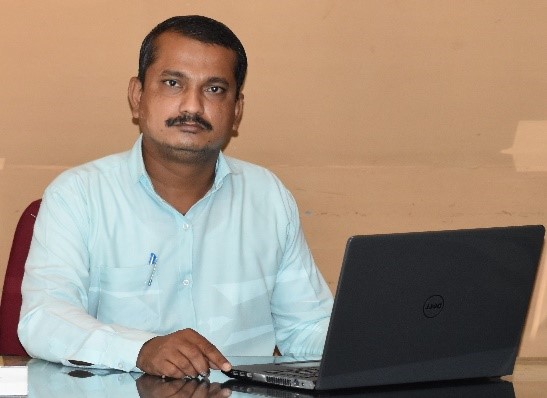
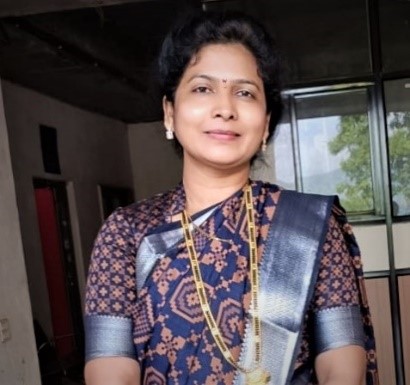
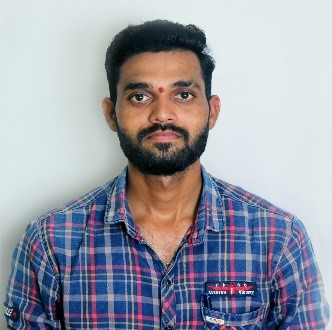
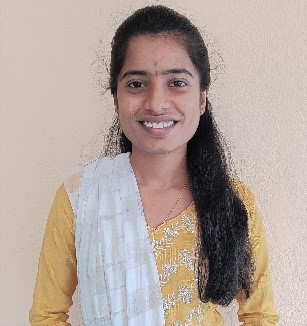
| Sr. No. | Name | Designation / Role | Nature of Association |
| 1 | Mr. C. A. Juikar | Lab Technician | Regular |
| 2 | Mrs. P. S. Padwal | Lab Assistant [Tech] | Regular |
| 3 | Mr. M. V. Korpe | Lab Assistant | Contract |
| 4 | Miss. P. D. Tembe | Lab Assistant | Contract |
Sr. No. | Name |
1 | Prof. M. F. A. R. Satarkar (Chairman) |
2 | Dr. D. J. Doke |
3 | Dr. M. K. Khedkar |
4 | Dr. S. E. Talole |
5 | Sri. Venktesh Kulkarni |
6 | Sri. Vivek Garg |
7 | Sri. Shivprasd Khened |
8 | Sri. Ajit Deshpande |
Sr. No. | Name |
1 | Prof. S. M. Badave (Chairman) |
2 | Prof. N. J. Patil |
3 | Prof. M. F. A. R. Satarkar |
4 | Prof. B. Venkatesha Perumal |
5 | Prof. S. D. Agashe |
6 | Prof. M. A. Chaudhari |
Ph.D. students Information
Sr. No. | Roll No. | Name of Student | Title of research topic | Name of the Guide |
1 | RS20090201 | Mr. A. N. Sarwade | Artificial Intelligence and expert system for adaptive digital distance protection | Dr. P.K. katti |
2 | RS20120202 | Mr. V.S. Bugude | Coordination of Distributed generation (AC/DC) by smart grid | Dr. P.K. katti |
3 | RS20120201 | Mr. Mithun Aush | Performance Improvement of Multilevel Inverter for interfacing with DPG to smart grid | Dr. K. Vadirajacharya |
4 | RS20130201 | Mr. Manoj Patil | Performance Improvement of renewable energy source for interface with smart grid | Dr. K. Vadirajacharya |
5 | RS20140201 | Mr. Sachin Kamble | Performance improvement of distribtion system | Dr. K. Vadirajacharya |
6 | RS20140202 | Mr. Yogesh Mahadik | Hybridization issues of storage systems in Electric vehicles | Dr. K. Vadirajacharya |
7 | RS20150201 | Mr. Jayant Mane | One directional linear piecewise smooth systems : theory and application to switching circuits | Dr. K. Vadirajacharya |
8 | RS20190201 | Mr. Pravin Dangar | Performance improvement of universal trasformer | Dr. N. S. Jadhav |
Placement Record
|
Fresher’s Party 2022-23
The fresher’s party is organized on the 3rd of December 2022 at Electrical Department to welcome 1st year and direct 2nd year students.
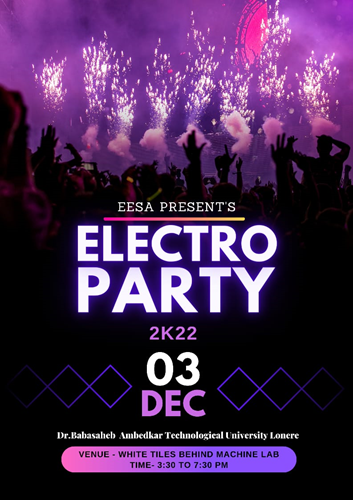 |
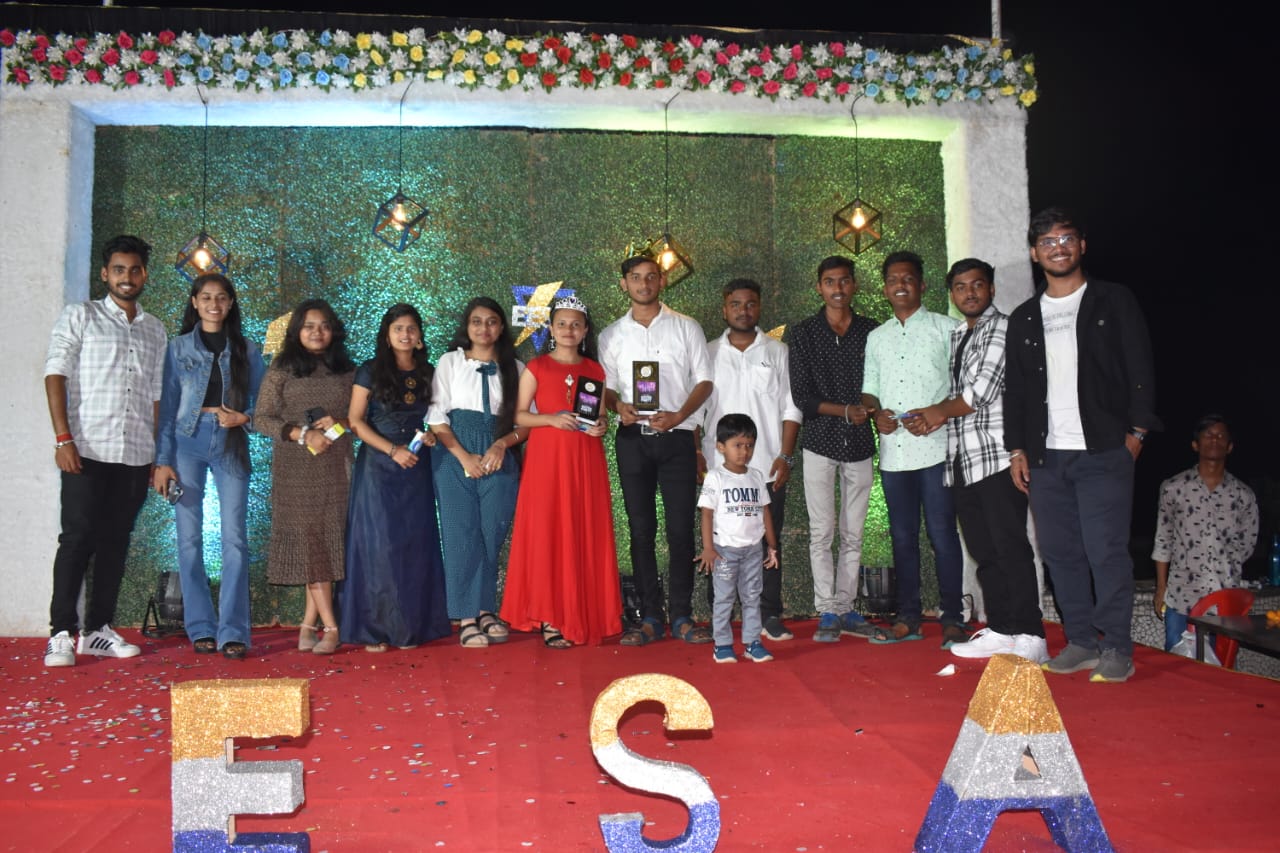 |
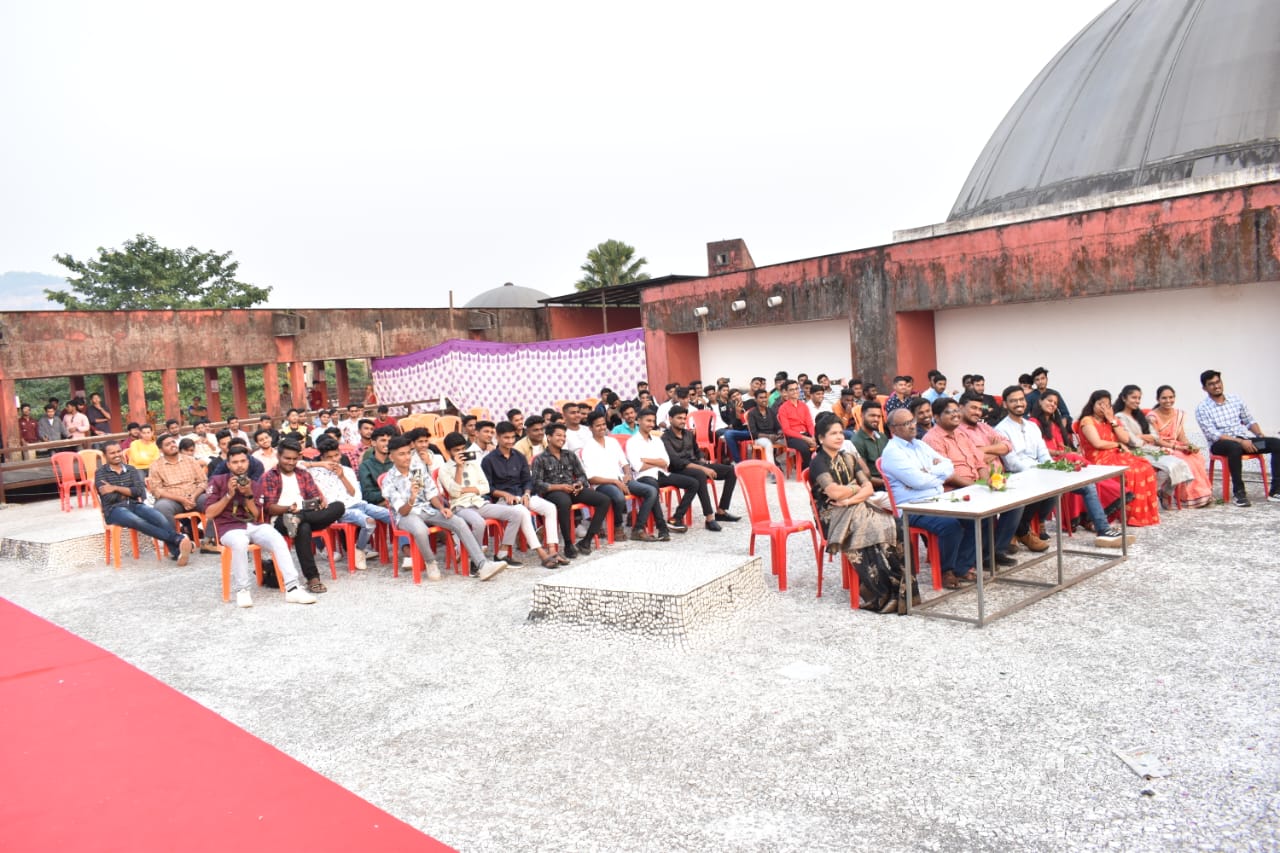 |
- Department Parents Meet on 29th May 2023
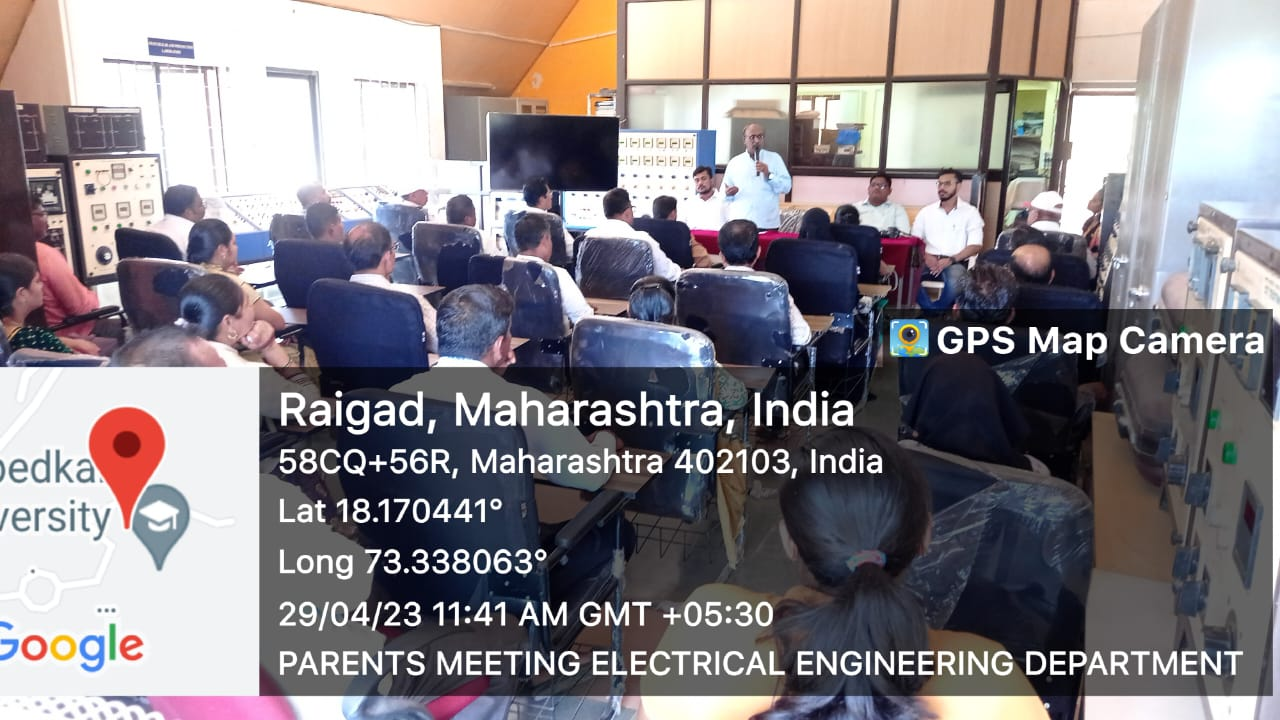 |
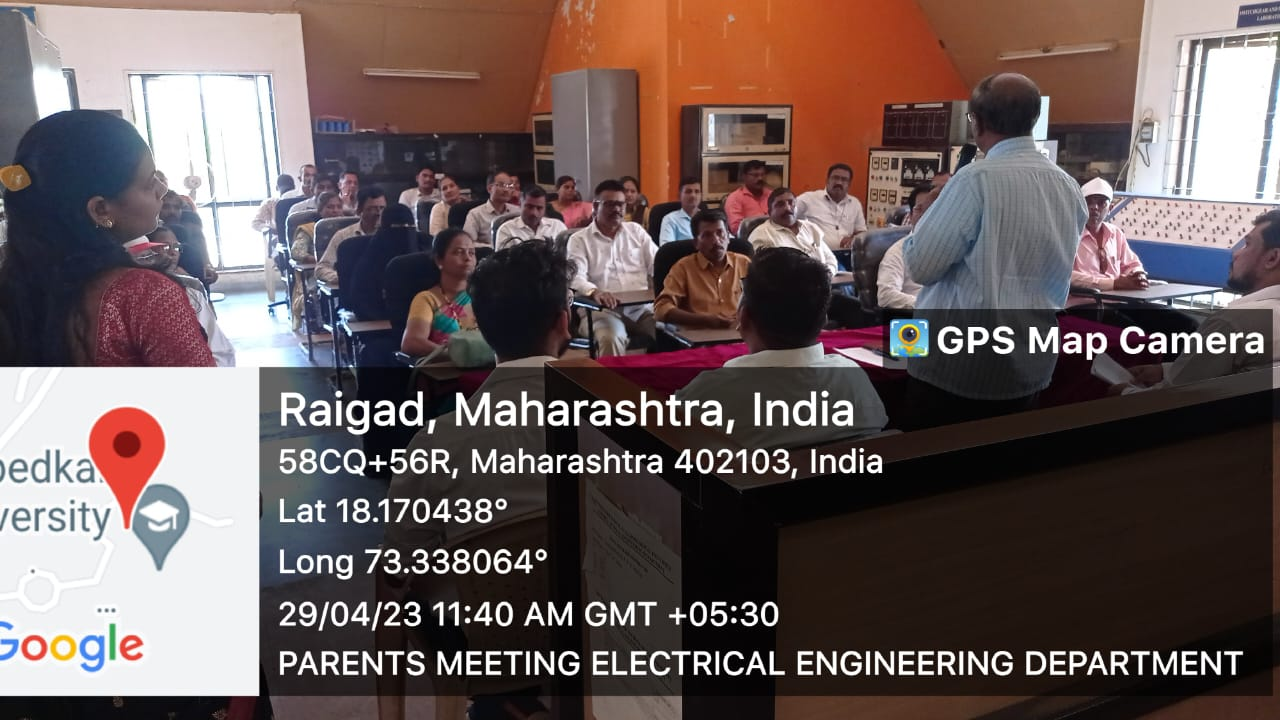 |
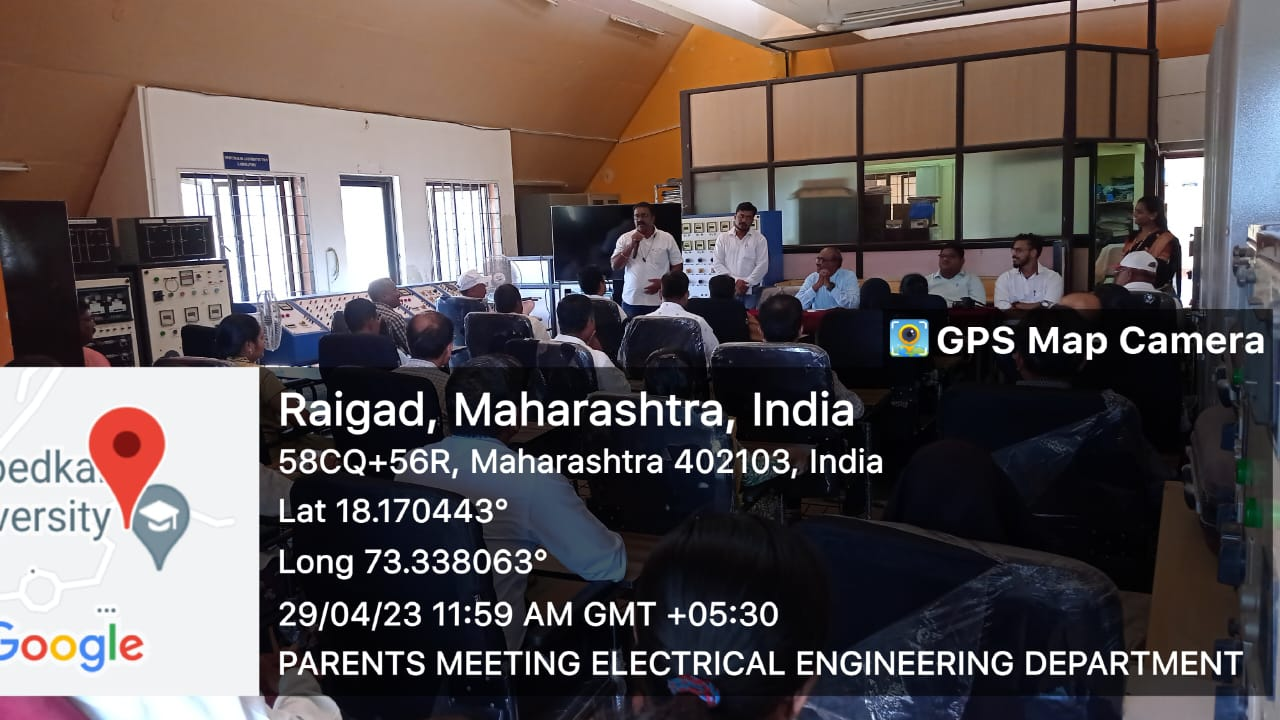 |
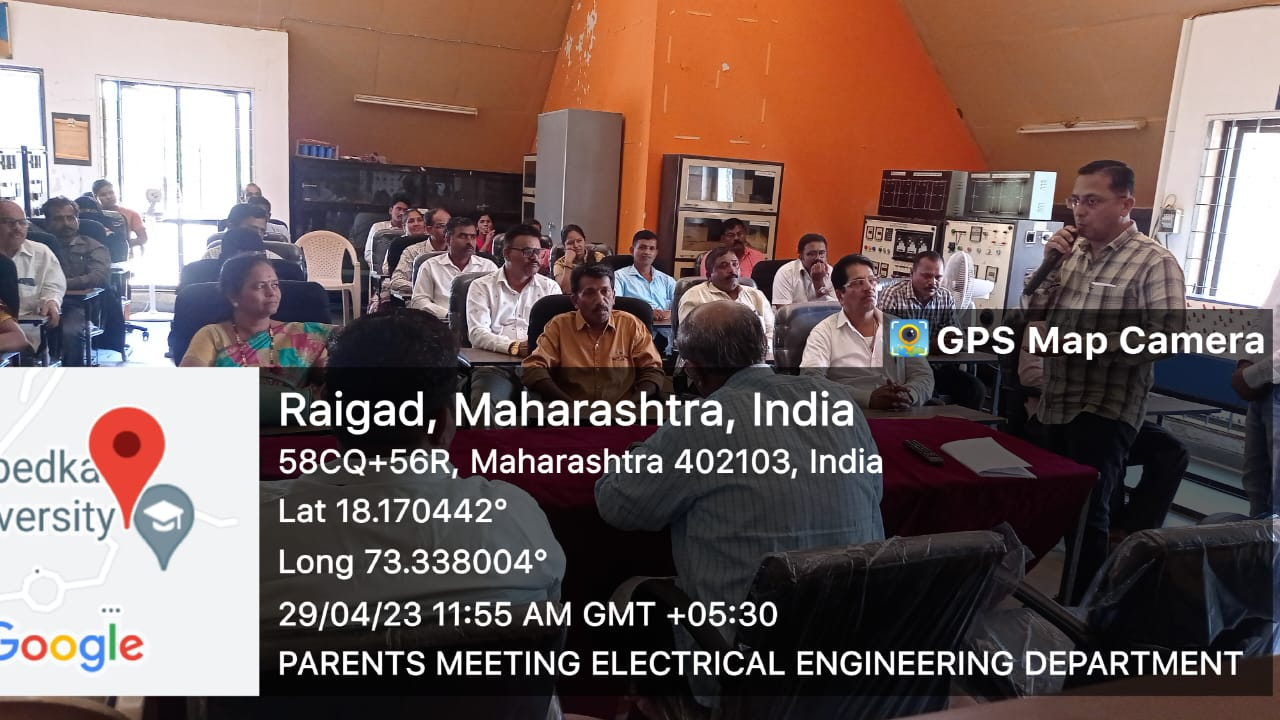 |
- INDUSTRIAL VISIT AT GTPS URAN ON 4TH MAY 2023
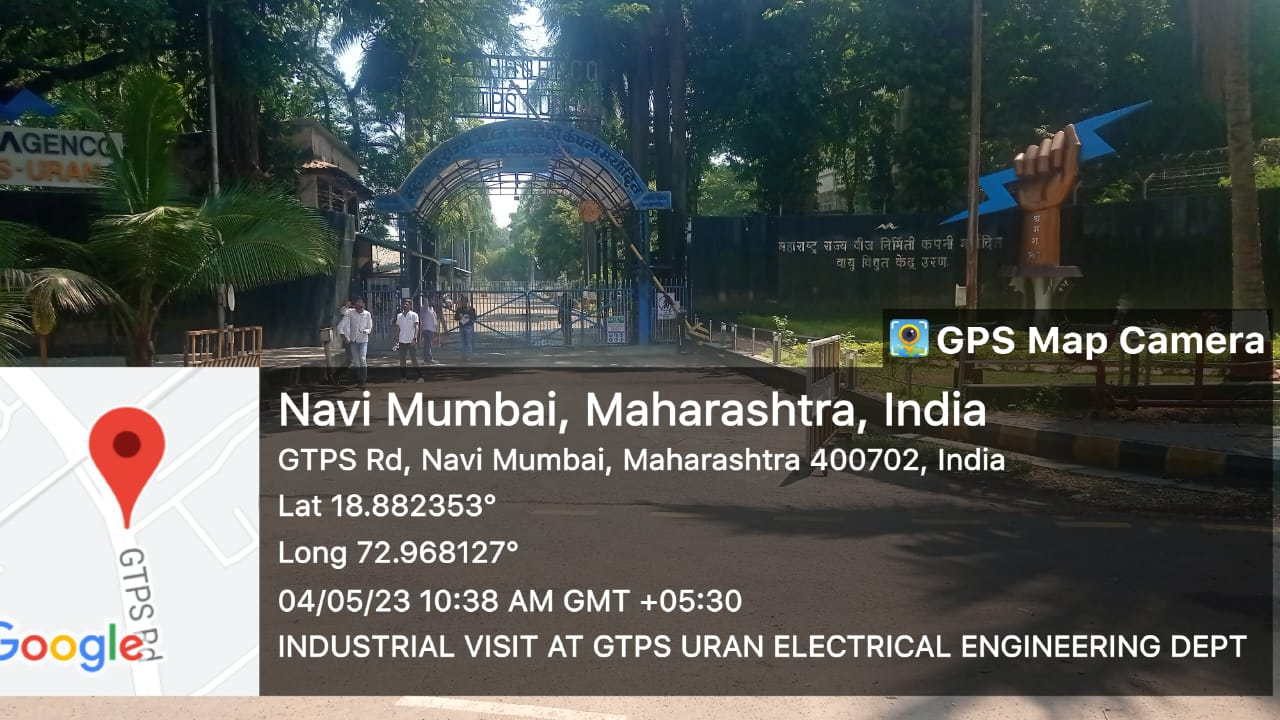 |
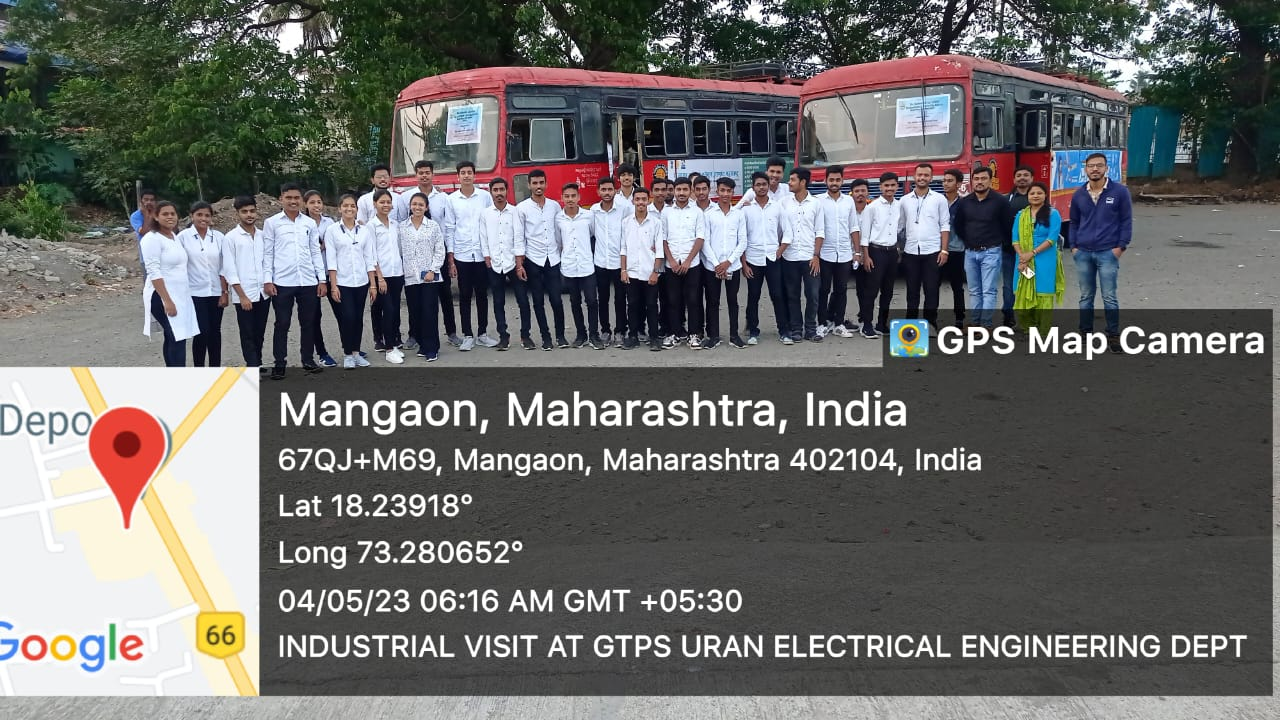 |
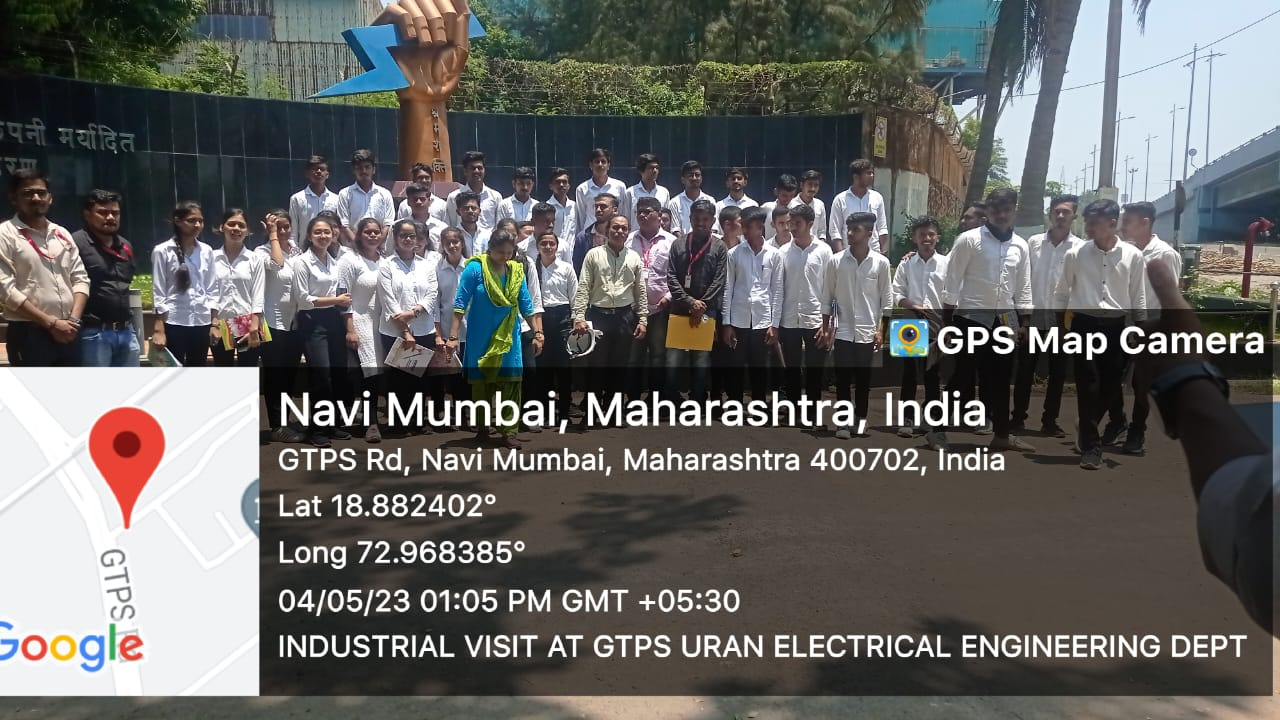 |
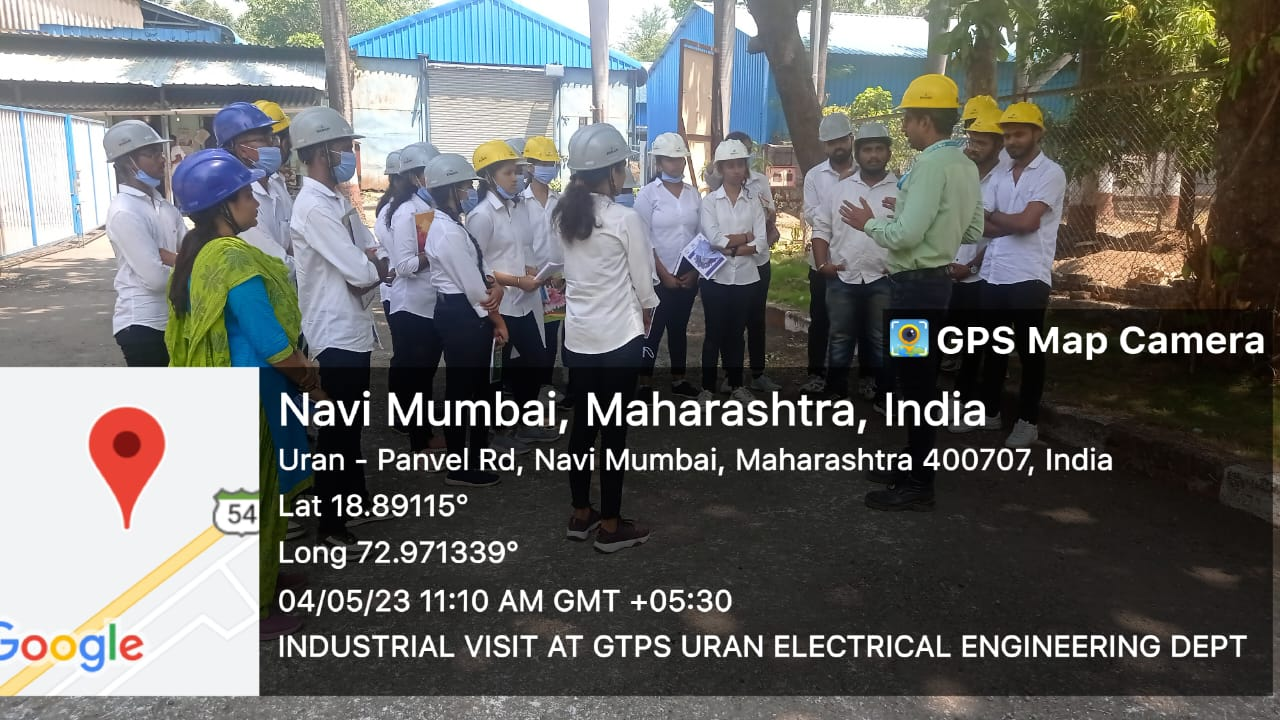 |
CLASSROOM 201 |
|
CLASSROOM 208 |
|
| High Voltage Engineering lab |
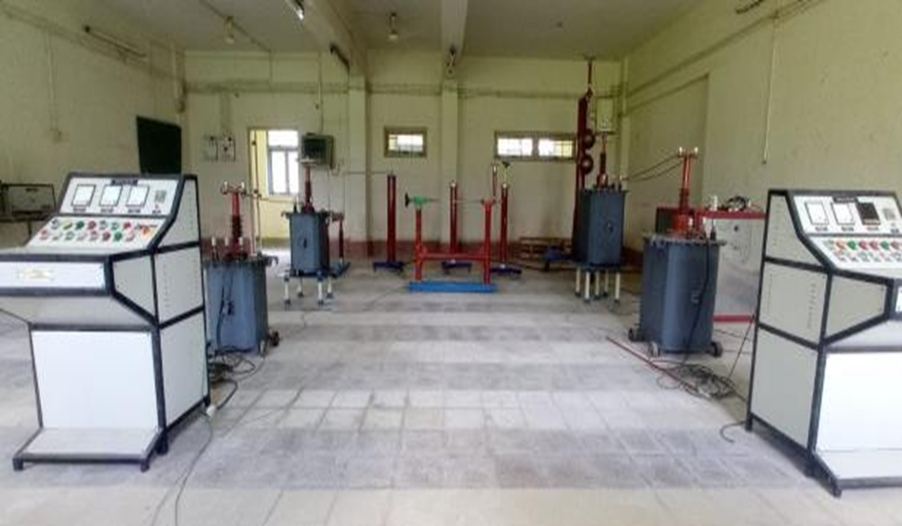 |
| Network Analysis lab |
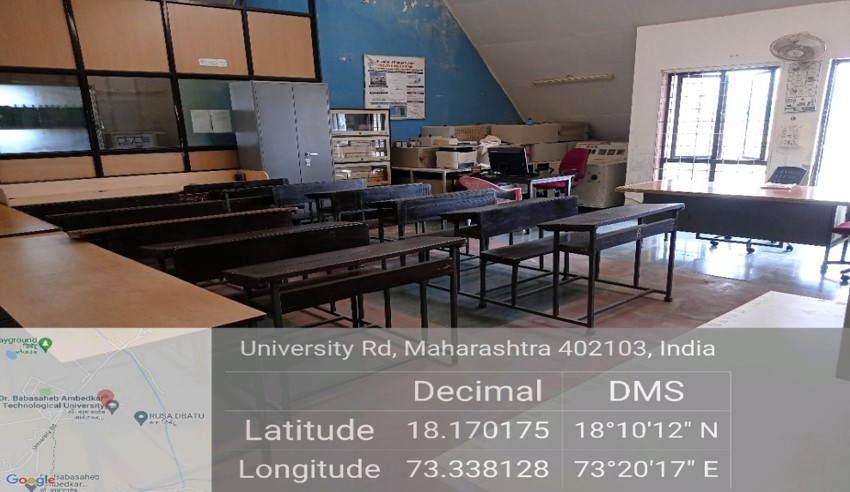 |
| Electrical Measurement lab |
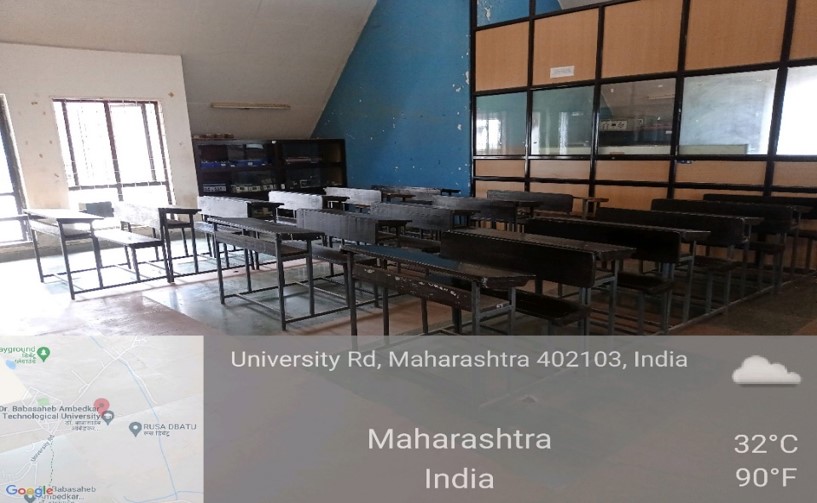 |
| Electrical Machine Lab |
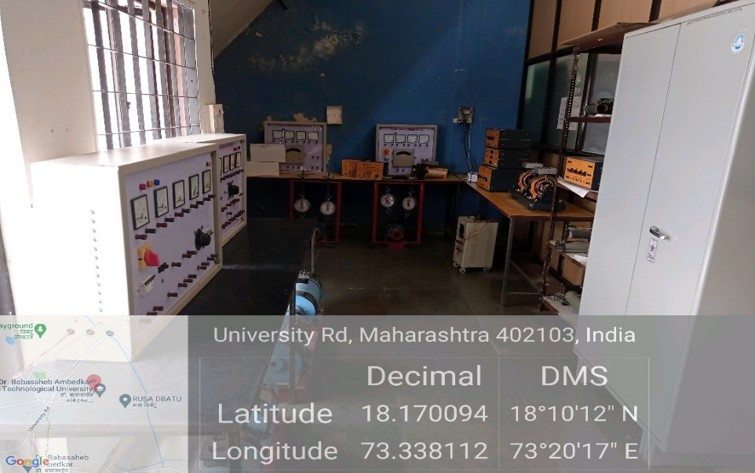 |
| Power Electronics Lab |
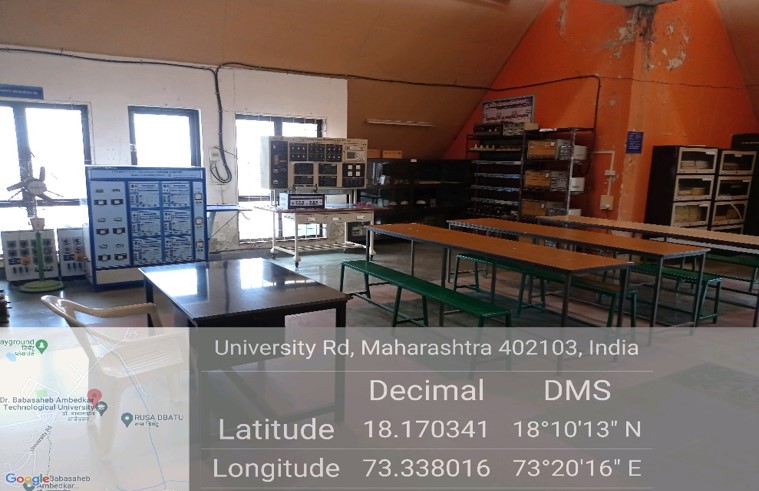 |
| Switchgear Protection lab |
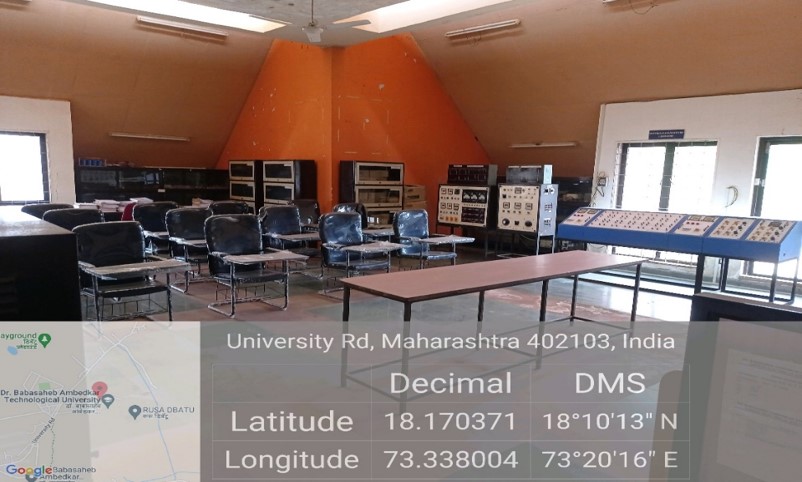 |
| Computer Lab |
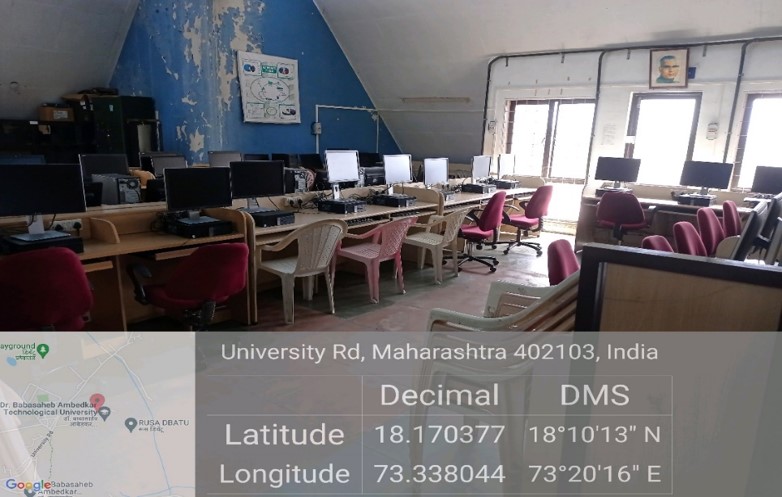 |
| Renewable Energy Sources lab |
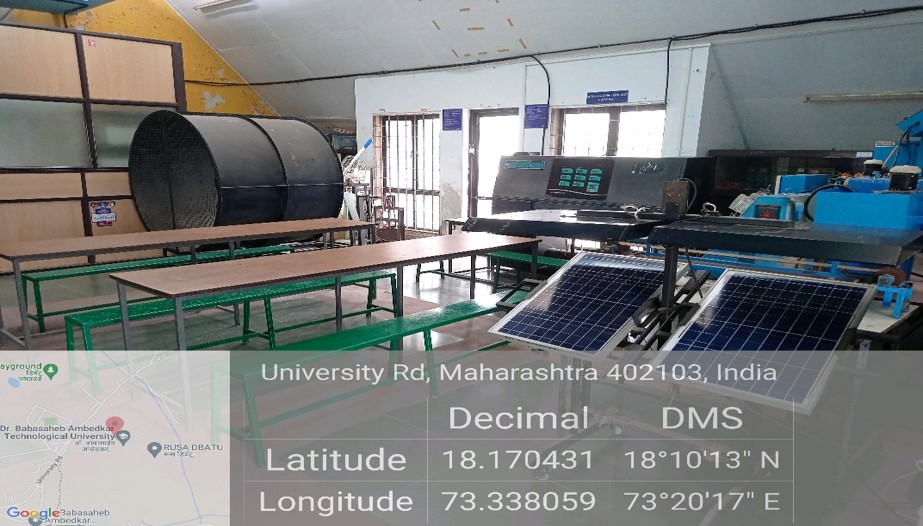 |
| Power System Lab |
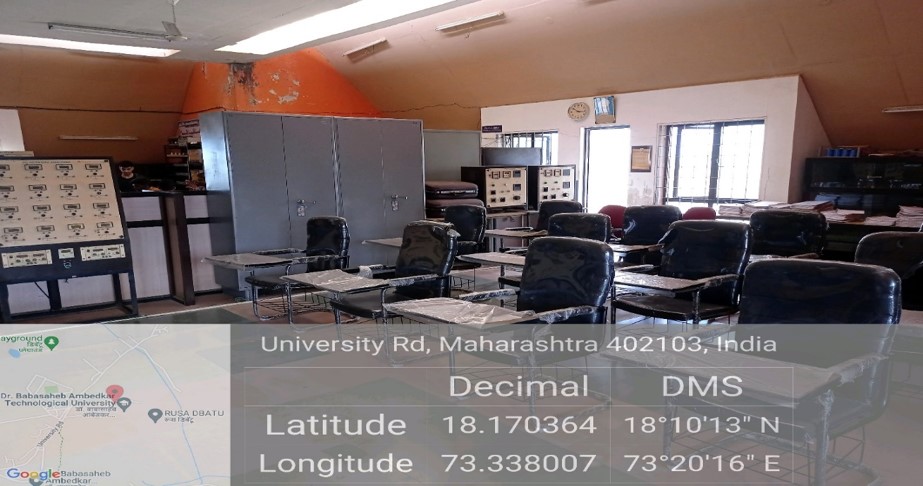 |
| Control System lab |
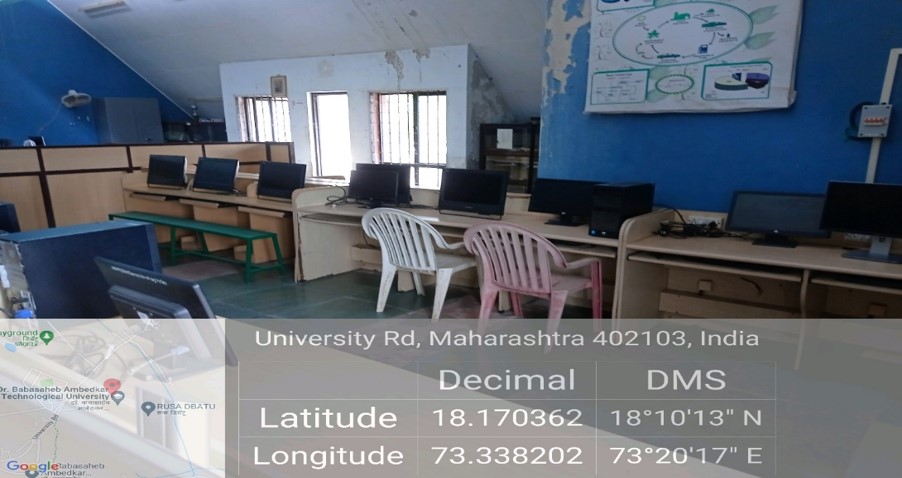 |
Major Instruments in Laboratories
| Sr. No. | Name of Major Equipment/Facility | Cost (>Rs. 1,00,000/-) |
| 1 | DELORENZO Open Machine Lab | 18.0 Lakh ( TEQIP-III) |
| 2 | Machine Lab equipment | 4.86 Lakh( UGC fund) |
| 3 | Trident tech labs dept (5users) PSim software Suit | 13.0 lakh ( TEQIP –II) |
| 4 | Wind turbine emulator | 9.0Lakh (TEQIP-II) |
| 5 | Solar emulator | 4.5Lakh(TEQIP-II) |
| 6 | PV trainer and PV grid tied training system | 4.5Lakh(TEQIP-II) |
| 7 | PV system | 1.85Lakh(TEQIP-II) |
| 8 | Power Electronics Modules | 6.4Lakh |
| 9 | FPGA kit (5) | 3.75 Lakh |
| 10 | D Space Unit Crane software | 6.5 Lakh ( TEQIP-II) |
| 11 | Power quality analyzer FLUKE | 2.1 Lakh |
| 12 | Digital LCR meter (5) | 1.75 lakh |
| 13 | Sphere gap apparatus | 1.35 Lakh |
| 14 | AC test kit | 2.0 Lakh |
| 15 | DC test kit | 2.7 Lakh |
| 16 | Transmission line simulator | 3.5 Lakh |
| 17 | Power system analyzer | 2.5 Lakh |
| 18 | Smart class room | 1.5 Lakh |
| 19 | HT Power electronics Lab | 2.75 Lakh |
Vision: To be a leading center for transformation of new trends in Electrical Energy and Technology through education, innovation of international acceptance to national industries and local society at affordable cost.
Mission: To cater the needs of Electrical Engineering Graduates to excel in the challenges of modern society through sound knowledge of fundamentals and applications, To work intensely with industry leading to the development of cutting edge and commercially-viable technologies.
